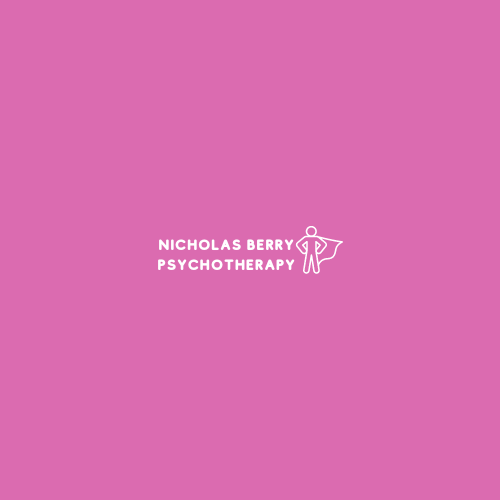"I'm gay and successful, but feel defective in sex without having a few cocktails!"
"I'm gay and successful, but feel defective in sex without having a few cocktails!"
As a gay man, I struggle engaging in sexual experiences with men unless I am under the influence of drugs or alcohol. Is this normal? This has been an on-going issue in relationships and has been one of the primary reasons why my past long-term relationships didn’t last. How do I go about becoming more comfortable, so that I can be more successful in my current relationship?
Let’s be honest…being a gay man in today’s society continues to bring up TONS of issues! You’re not alone and I want to commend you for even being vulnerable enough to ask this question. As mainstream as therapy has become, the stigma of what it means to go to therapy, whether because of cultural issues or because “men don’t talk about their feelings,” still gets in the way of people getting the help they need, knowing that there are proven benefits of being able to discuss anything on your mind with someone who isn’t going to judge you. But let me normalize your concerns first. Yes, this is normal and happens to men whether they are gay or straight.
For men, in general, performance in any area (work, sports, etc…) has always been viewed as a strength and source of identity in society. When we look at a man’s actual or perceived ability to be “the strongest,” “smartest,” or “most successful,” praise and elevation in status have usually accompanied these titles. But for those who have experienced bullying or rejection from family and friends due to their “weaknesses,” they may experience ridicule or neglect from those individuals who are supposed to love them unconditionally. Early on, if a man has received direct or implied messages from family or society (media being a primary source of transmitting these messages) that leave him the way to love and happiness is by being the best, he can experience negative consequences as well.
Some benefits and consequences include:
Increased sense of self-worth
Increased confidence in one’s self
Guilt and shame
Depression and anxiety
For men who struggle with their identity, the negative consequences can be magnified exponentially. In my experience with my clients, men feel shame in a relationship for not being able to “be” or “appear” confident and capable. Thrown in what gay men, for example may hear from family, friends, or society regarding traditional views of gender and sexuality, and you have a perfect storm of inadequateness, defectiveness, and shame and embarrassment. Most men struggle with expressing that they need help, while others may be so unaware that they suffer from shame, embarrassment, or unworthiness. There are some men who have learned to deal with these feelings head-on, while others who engage in unhealthy means of coping including drinking, drug use, or gambling.
One thing I would challenge you to explore is what messages you did hear regarding gay lifestyles. Those messages may still be circling around, which if identified, might make reaching for the drink or any other substance that much more enticing. You’re not alone and you are coping with what you know in order to get your needs met, while still battling with the idea of being allowed to be your authentic self and having valid feelings and experiences. You took the first step and reached out, and that’s what we should be celebrating first and foremost. Next time you are desiring connection and sexual intimacy from a man and you reach for that drink, maybe try reminding yourself that you are a great person and deserve to live life how you want, and see if that minimizes the need for alcohol and increased comfort being intimate.
Some additional resources that are available are listed below.
LGBTQIA+ affirming therapist (these individuals believe in the need for specialized treatment and a shame-free approach in order to help their clients navigate the uncertainty and fear that can come with exploring and accepting one’s gender and sexual identify
Support groups for men who may be experiencing similar issues
Substance-use programs and services
Any community businesses that are located in areas with an increased population of LGBTQIA+ that can serve as hubs for people who desire a sense of community, such as a coffee shop or bookstore.
